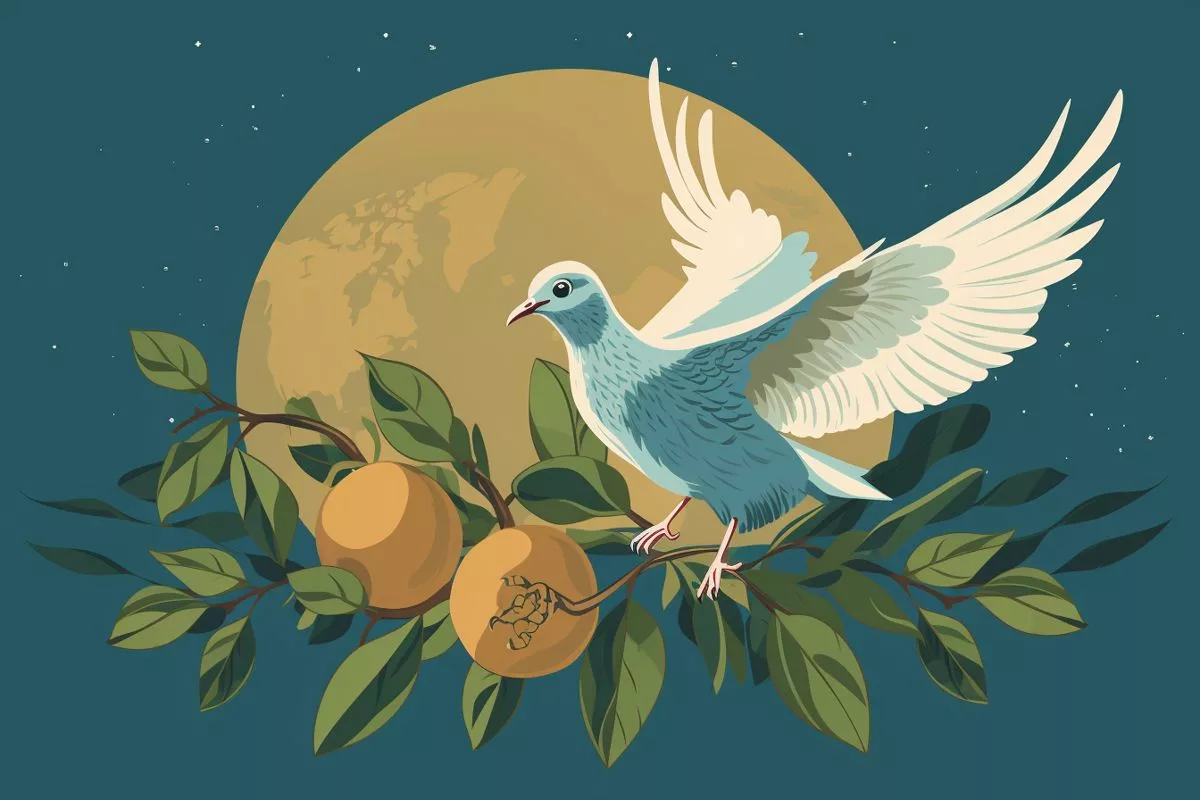Dr. Naledi Pandor, South Africa’s Minister of International Relations and Cooperation, participated in two United Nations Security Council debates on the Middle East conflict and women’s role in peace and security. The Middle East debate centered on the ongoing conflict between Israel and Palestine, while the Women, Peace, and Security discussion discussed the critical role of women in international peace, conflict resolution, and security. Dr. Pandor’s engagement in these debates demonstrated South Africa’s commitment to promoting peace, gender equality, and international collaboration.
What were the topics discussed by Dr. Naledi Pandor in the United Nations Security Council’s high-level debates?
Dr. Naledi Pandor, South Africa’s Minister of International Relations and Cooperation, participated in two important debates hosted by the United Nations Security Council (UNSC) on “The Situation in the Middle East, including the Palestine Question” and “Women, Peace, and Security.” The focus of the Middle East debate was the ongoing conflict between Israel and Palestine, while the Women, Peace, and Security discussion aimed to highlight the critical role of women in international peace, conflict resolution, and security.
Dr. Pandor Addresses Middle East Conflict and the Palestine Question
South Africa’s Minister of International Relations and Cooperation, Dr. Naledi Pandor, recently embarked on a working visit to New York. She participated in two important debates hosted by the United Nations Security Council (UNSC) on October 24th and 25th, 2023: “The Situation in the Middle East, including the Palestine Question” and “Women, Peace, and Security.” The Brazilian Presidency in the UNSC, led by Ambassador Mauro Vieira, invited Minister Pandor to these high-level debates.
The focus of the open debate on the Middle East was the ongoing conflict between Israel and Palestine. It was elevated to a ministerial level due to the urgency of the situation in the region.
Inclusion of Women in Global Peace and Security Efforts
In conjunction with her participation in the Middle East debate, Minister Pandor also took part in the UNSC High-Level Open Debate on Women and Peace and Security. The theme for this discussion was “From Theory to Practice: Women’s Participation in International Peace and Security.”
October is designated as Women, Peace, and Security (WPS) month by the United Nations. The UNSC marks the adoption of Resolution 1325 on Women in Armed Conflict in October 2000 with an annual open debate on WPS. This resolution aims to highlight the effects of armed conflict on women and girls and calls for their full involvement in a range of peace processes, such as conflict resolution, peace negotiations, peacekeeping, and post-conflict reconstruction.
In their discussions, UNSC members shared valuable insights and experiences, giving participants a chance to learn from each other and assess the implementation of Resolution 1325.
Bilateral Meetings and South Africa’s Commitment to Peace and Gender Equality
Aside from taking part in these debates, Minister Pandor used her time in New York to engage in bilateral meetings with her counterparts from other nations. These meetings promoted cooperation and dialogue, addressing crucial issues and encouraging a collective approach to global challenges.
The importance of the high-level debates attended by Dr. Pandor is significant. The ongoing conflicts in the Middle East require global attention and collaboration to achieve lasting peace. Through her participation in the open debate, Minister Pandor demonstrated South Africa’s commitment to actively contribute towards resolving the Israeli-Palestinian conflict.
Furthermore, the debate on Women, Peace, and Security served as a platform to discuss the critical role women play in international peace, conflict resolution, and security. The implementation of Resolution 1325 has shown the importance of empowering women and ensuring their perspectives are taken into account in peace processes and other security-related decisions.
Dr. Pandor’s involvement in these UNSC debates underscored South Africa’s dedication to fostering peace and promoting gender equality on an international level. By engaging in dialogue and endorsing collaboration, South Africa has reaffirmed its commitment to the United Nations’ values and the global community as a whole.
In conclusion, Dr. Naledi Pandor’s working visit to New York and her engagement in the United Nations Security Council’s high-level debates on the Middle East and Women, Peace, and Security, have demonstrated South Africa’s commitment to promoting peace, gender equality, and international collaboration. With continued efforts and dedication, the international community can work towards achieving lasting peace and security while empowering women to play a pivotal role in shaping the future of global politics and diplomacy.
What is Women, Peace, and Security (WPS) Month?
Women, Peace, and Security (WPS) Month is designated as October by the United Nations. The UNSC marks the adoption of Resolution 1325 on Women in Armed Conflict in October 2000 with an annual open debate on WPS. This resolution aims to highlight the effects of armed conflict on women and girls and calls for their full involvement in a range of peace processes, such as conflict resolution, peace negotiations, peacekeeping, and post-conflict reconstruction.
What is the significance of Dr. Naledi Pandor’s participation in the high-level debates?
Dr. Naledi Pandor’s participation in the United Nations Security Council’s high-level debates on the Middle East and Women, Peace, and Security demonstrate South Africa’s commitment to promoting peace, gender equality, and international collaboration. Through her involvement, South Africa has reaffirmed its dedication to the United Nations’ values and the global community.
What was the theme of the Women, Peace, and Security (WPS) discussion?
The theme for the Women, Peace, and Security (WPS) discussion was “From Theory to Practice: Women’s Participation in International Peace and Security.”
Why was the Middle East debate elevated to a ministerial level?
The Middle East debate was elevated to a ministerial level due to the urgency of the situation in the region.
What is Resolution 1325?
Resolution 1325 on Women in Armed Conflict was adopted by the United Nations in October 2000. This resolution aims to highlight the effects of armed conflict on women and girls and calls for their full involvement in a range of peace processes, such as conflict resolution, peace negotiations, peacekeeping, and post-conflict reconstruction.
What is the critical role of women in international peace, conflict resolution, and security?
Women play a critical role in international peace, conflict resolution, and security by providing a unique perspective and valuable insights. Their involvement in peace processes and other security-related decisions can help ensure a more inclusive and comprehensive approach to resolving conflicts and promoting stability.
How did Dr. Naledi Pandor promote cooperation and dialogue during her bilateral meetings?
During her bilateral meetings with counterparts from other nations, Dr. Naledi Pandor promoted cooperation and dialogue by addressing crucial issues and encouraging a collective approach to global challenges.
What did the UNSC members discuss during the Women, Peace, and Security (WPS) discussion?
During the Women, Peace, and Security (WPS) discussion, UNSC members shared valuable insights and experiences, giving participants a chance to learn from each other and assess the implementation of Resolution 1325.








